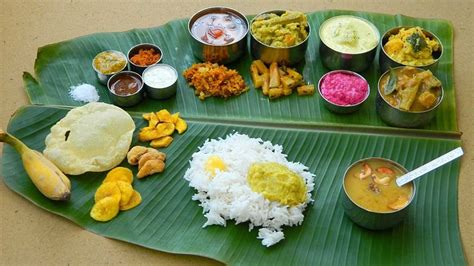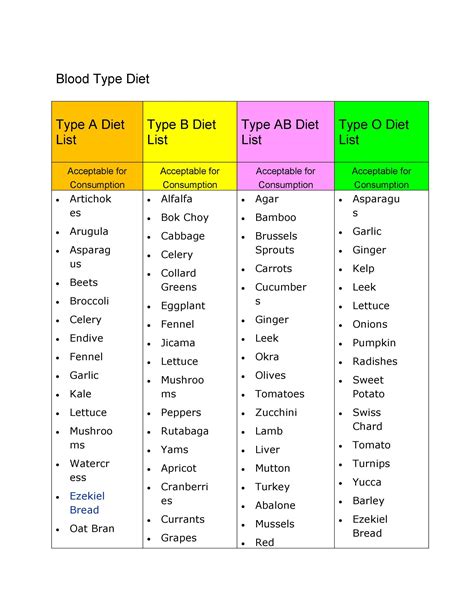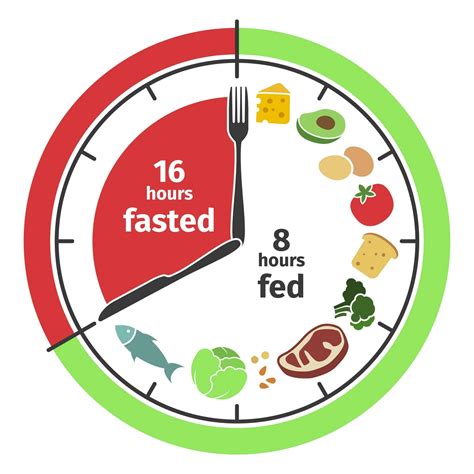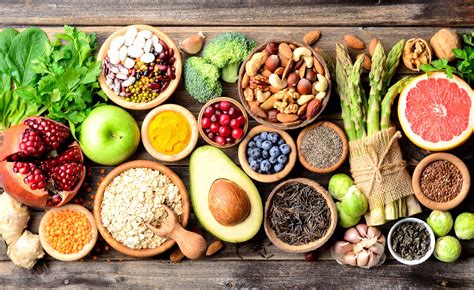Explore the key principles and benefits of the Hindu diet, learn about the different food groups, and how to prepare traditional meals. Experience the benefits today!
Understanding the Hindu Diet
Contents
The Hindu diet is based on the principle of ahimsa, or non-violence, which extends to the way food is prepared, consumed, and even sourced. It is a diet that is deeply rooted in ancient traditions and religious beliefs, and is followed by millions of people around the world. In Hinduism, food is considered to be sacred, and the act of eating is viewed as a spiritual practice.
One of the key principles of the Hindu diet is the belief in moderation and balance. This means that followers of the Hindu diet aim to consume a variety of foods in the right proportions, and to avoid overeating or consuming foods that are too spicy, salty, or sweet. Additionally, the diet is heavily plant-based, with an emphasis on fruits, vegetables, grains, and legumes. Meat is generally avoided, and many Hindus also refrain from consuming onions, garlic, and mushrooms.
When it comes to specific food groups in the Hindu diet, there are a few key categories that are commonly emphasized. These include grains such as rice and wheat, lentils and pulses, dairy products such as yogurt and ghee, fruits and vegetables, and nuts and seeds. Each of these food groups plays a role in providing essential nutrients and energy, and are often incorporated into traditional Hindu meals.
Preparing traditional Hindu meals often involves a high level of creativity and skill, as there are numerous rules and customs that dictate how food should be cooked and served. For example, certain foods may be prohibited on specific days of the week, and there are also guidelines for food preparation and presentation. In addition, the concept of prasadam, or blessed food, is central to the Hindu diet, and involves the offering of food to deities before it is consumed.
There are numerous benefits to following the Hindu diet, including the promotion of overall health and well-being, as well as a sense of spiritual connectedness. By embracing the principles of moderation, balance, and mindfulness in eating, followers of the Hindu diet can cultivate a greater appreciation for the nourishing and healing power of food, while also respecting the interconnectedness of all living beings.
Key Principles of Hindu Diet
The Hindu diet is based on various key principles that have been followed for centuries. One of the most important principles is the belief in Ahimsa, which means non-violence. This principle extends to the types of food that are consumed, with many Hindus choosing to follow a vegetarian diet in order to adhere to Ahimsa. Another key principle is the concept of Sattvic food, which is food that is considered pure, wholesome, and promoting spiritual growth. This includes fruits, vegetables, grains, and dairy products. Sattvic food is believed to have a calming effect on the mind and body, making it an important aspect of the Hindu diet.
In addition, the Hindu diet also emphasizes the importance of seasonal and regional foods. This means that individuals should consume foods that are in season and sourced locally. By doing so, they can support the local economy and reduce their environmental impact. The Hindu diet also includes the principle of Ayurveda, which is an ancient system of medicine that focuses on balance and holistic health. Ayurvedic principles are often applied to food choices, with an emphasis on the use of herbs and spices to promote well-being.
Furthermore, the Hindu diet includes the concept of fasting, which is practiced at various times throughout the year. Fasting is seen as a way to cleanse the body, purify the mind, and demonstrate self-discipline. Many Hindus will fast on specific days of the week or during religious festivals, with some choosing to abstain from food entirely and others opting for a more restricted diet. The practice of mindful eating is also an important principle of the Hindu diet. This involves being present and aware while consuming food, as well as expressing gratitude for the nourishment that it provides.
By understanding these key principles of the Hindu diet, individuals can gain a deeper appreciation for the spiritual and cultural significance of the foods they consume. They can also integrate these principles into their own dietary choices, whether it be by following a vegetarian diet, seeking out sattvic foods, or embracing the concepts of Ayurveda and mindful eating.
Food Groups in Hindu Diet
The Hindu diet is based on the principles of Ayurveda and emphasizes natural, whole foods that nourish the body and mind. The diet is classified into various food groups, each with its own unique health benefits. One of the key food groups in the Hindu diet is grains and legumes. These staples provide a good source of protein and essential nutrients, and are often used as the base for many traditional Hindu dishes.
Another important food group in the Hindu diet is fruits and vegetables. These are consumed in abundance and are a great source of antioxidants, vitamins, and minerals. They are also believed to have healing properties and are often used in ayurvedic medicine to promote overall wellness.
Additionally, dairy products play a significant role in the Hindu diet. Milk, ghee, and yogurt are commonly consumed and are thought to be sattvic, or pure, in nature. They are considered to be nourishing for the body and are often used in religious rituals and festive dishes.
Spices and herbs are also an essential part of the Hindu diet. These flavorful additions are not only used to enhance the taste of dishes, but also have medicinal properties and are believed to aid in digestion and promote healing.
Overall, the Hindu diet is rich in a variety of nutrient-dense foods that are believed to nourish the body and promote overall well-being. By understanding the different food groups and their importance, one can appreciate the balance and harmony that the Hindu diet seeks to achieve.
Preparing Traditional Hindu Meals
Traditional Hindu meals are not only delicious but also very nutritious. They are usually prepared with fresh ingredients and a wide variety of spices and herbs. The key to preparing traditional Hindu meals lies in understanding the balance of flavors and textures in the dishes. Typically, traditional Hindu meals consist of a variety of dishes including grains, legumes, vegetables, and dairy products.
One of the main principles of preparing traditional Hindu meals is the concept of Ayurveda, which emphasizes the importance of balancing different flavors – sweet, salty, sour, bitter, pungent, and astringent. These flavors can be achieved through the use of various spices and herbs such as cumin, coriander, turmeric, and ginger.
Another key aspect of preparing traditional Hindu meals is the use of seasonal and fresh ingredients. Traditional Hindu cooking uses a wide variety of vegetables and fruits that are in season, making the meals not only flavorful but also very nutritious. In addition, dairy products such as yogurt and ghee are commonly used in traditional Hindu cooking, adding richness and depth of flavor to the dishes.
When preparing traditional Hindu meals, it is also important to take into consideration the religious and cultural beliefs associated with the diet. For example, many Hindus are vegetarians and do not consume meat, fish, or eggs. Additionally, certain foods such as onions and garlic are also avoided by some Hindus due to their belief in their spiritual and medicinal properties.
In summary, preparing traditional Hindu meals involves a harmonious blend of flavors, textures, and ingredients, along with adherence to religious and cultural beliefs. By following these key principles, one can experience the richness and diversity of traditional Hindu cuisine.
Benefits of Following Hindu Diet
Following a Hindu diet can have many benefits for your overall health and well-being. One of the main benefits is the emphasis on eating a variety of fresh fruits and vegetables, which are packed with essential nutrients and antioxidants that can help to boost your immune system and protect against chronic diseases.
Additionally, many Hindu dishes are cooked using spices and herbs that have been used for centuries in traditional Ayurvedic medicine. These ingredients not only add delicious flavor to your meals but also have numerous health benefits, such as reducing inflammation, aiding digestion, and promoting detoxification.
Another benefit of following a Hindu diet is the focus on plant-based proteins such as lentils, chickpeas, and tofu. These protein sources are not only sustainable and environmentally friendly but also low in saturated fat and cholesterol, making them a heart-healthy choice for those looking to improve their diet.
Furthermore, by avoiding certain foods and ingredients such as beef, alcohol, and processed foods, you can reduce your risk of developing health issues such as high blood pressure, obesity, and heart disease, ultimately leading to a longer and healthier life.












